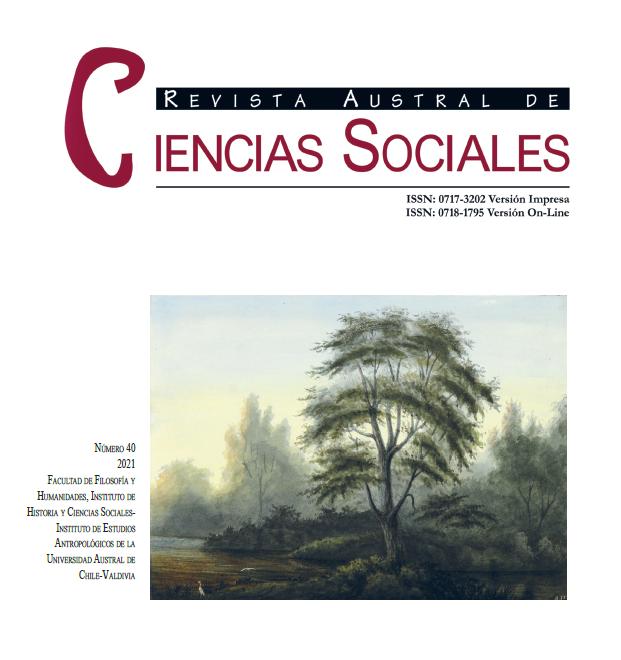The drought of 1886. Hydro-social networks, water appropriation and environmental conflict in the Central and Northern Zone of Chile
Main Article Content
Abstract
Drawing from environmental history, this paper studies the power relations that articulate the management of hydro-social networks in Chile. It analyzes the drought of 1886 as a key juncture for the purpose of examining the relationship between society and nature, particularly in a context of State building and insertion of the country into global markets. During that year, different channels owners monopolized the exiguous available flows, protected in their individual rights of property on the water, without considering the arid socio-environmental context. This generated several conflicts over water distribution, in which the Chilean State had to intervene through its various provincial authorities. We argue that these conflicts were not consequence of the reduction of rainfall but of the way in which the Chilean ruling class, the State and its legislation understood the link between human beings and nature. In order to understand the principles that shaped this relationship, we examine different conflicts related to the management of hydro-social networks in the provinces of Atacama, Colchagua and Aconcagua.


 http://orcid.org/0000-0003-3937-2330
http://orcid.org/0000-0003-3937-2330